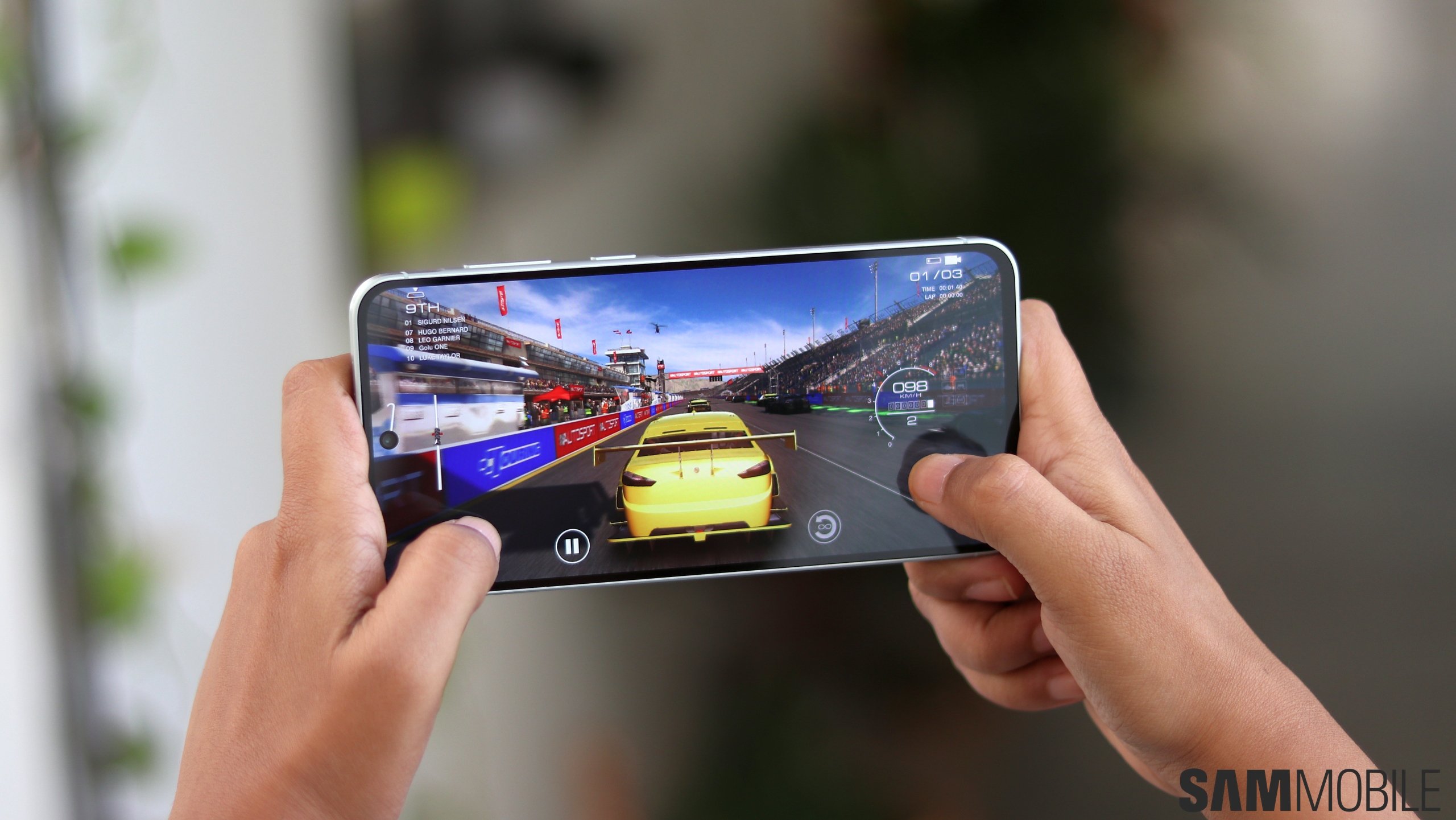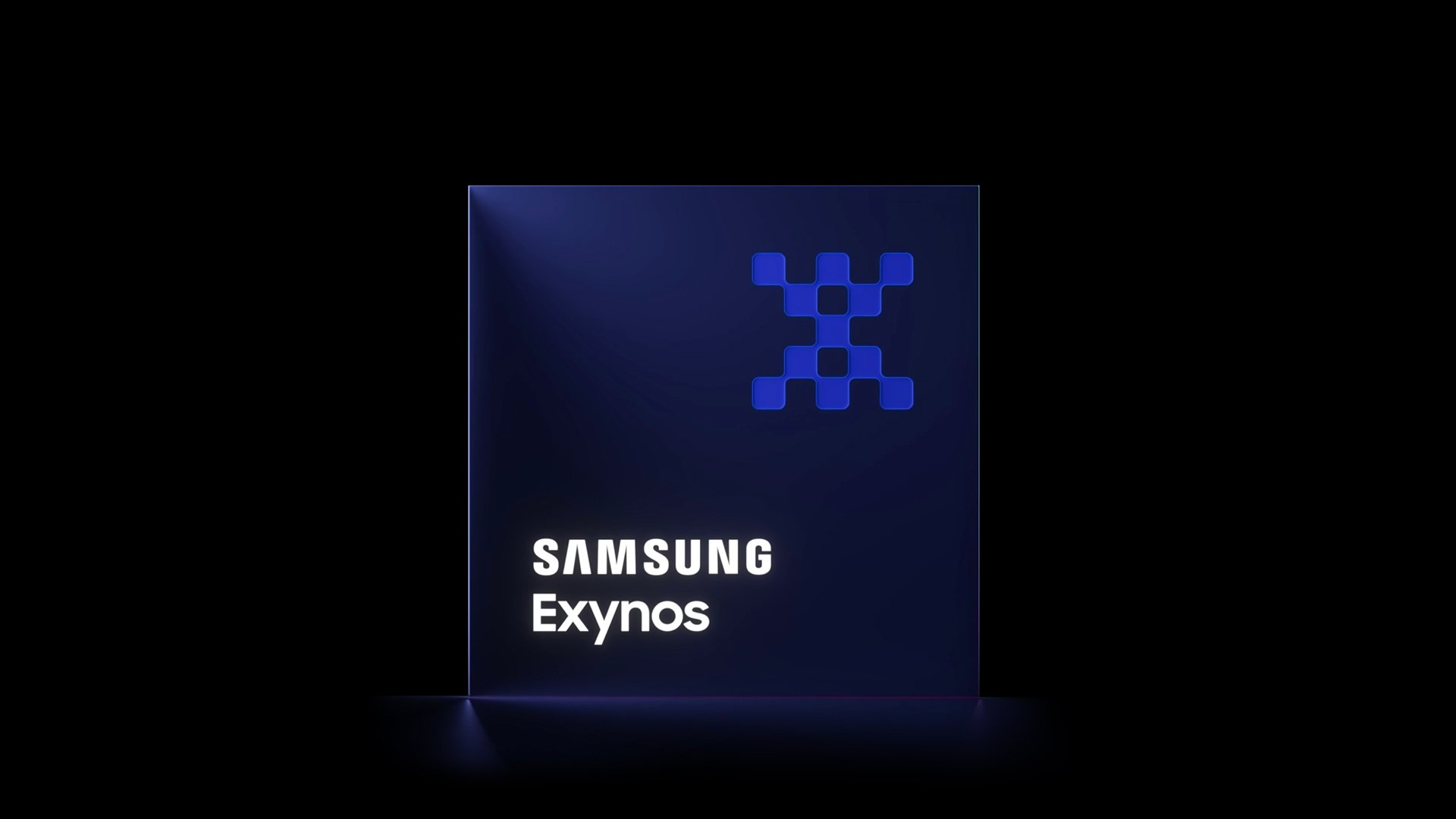
There are others that make high-end mobile chipsets as well. There's MediaTek with its Dimensity and Huawei's HiSilicon with its Kirin chipsets. Samsung's on the list as well with its Exynos chipsets. It makes both mid-range and flagship Exynos processors, with the top-of-the-line SoC always competing with the latest Qualcomm Snapdragon chipset, or at least trying to.
It's no secret that Samsung's Exynos chipsets haven't been able to outshine its Snapdragon rivals. For years, Samsung tried to make its own custom CPU cores in order to give the Exynos chipsets an edge. That didn't work out quite as the company expected.
The Exynos 990 was the last SoC to feature Samsung's custom cores. To say that it underperformed compared to its Qualcomm counterpart, the Snapdragon 865, would be an understatement. The company was heavily criticised for the Exynos 990's shortcomings, so much so it had to put out a statement to essentially justify the chipset's existence.
That was probably the last straw as Samsung gave up on its custom CPU core development. The Exynos 2100 chipset that powers the Galaxy S21 series has licensed ARM CPU cores, much like its Snapdragon 888 counterpart. It certainly reduced the performance gap between the chipsets but Qualcomm's product was still superior.
Many have called on Samsung to just give up its Exynos project altogether, at least for the flagship smartphones. It may not be that easy. Samsung has been trying to sell its Exynos processors to other manufacturers. Wouldn't it seem like the company isn't standing behind its own product if it simply stops using Exynos chips for its flagships?
Samsung also views its foundry business as a major driver of growth in the future. It wants to win more clients to make chips for. The high-end Exynos chipsets are also a way for Samsung to market its semiconductor process technology to companies that need to make chips but don't have their own foundries.
Be that as it may, the company knows that it needs to do something different in order to steal the Snapdragon's thunder. That's why it entered into a strategic partnership with AMD in 2019. As the company killed off its custom GPU development program, Samsung announced that it will integrate AMD Radeon graphics into its mobile processors.
This was a big deal. With users demanding more graphics processing power from their smartphones than ever before, teaming up with a serious GPU manufacturer could give the Exynos a big edge over the competition. The Exynos 2200 is expected to be Samsung's first chipset to feature an AMD Radeon GPU.
Samsung had previously said that it would unveil the Exynos 2200 on January 11. The company has now confirmed it has postponed the launch. The chipset may still be unveiled next month alongside the Galaxy S22 series.
Early reports had suggested that the GPU on the Exynos 2200 was a beast. Unfortunately, there are rumors that perhaps the Exynos 2200 won't be ready by that time and will only arrive with another smartphone later this year. That's likely going to disappoint many Samsung fans.
If that does end up happening, it would mean that all Galaxy S22 series variants released across the globe will have the Snapdragon 8 Gen 1 chipset. It would be a blow to Samsung's dreams of launching one of its most powerful Exynos chipsets on time. If the Exynos 2200 is delayed for too long, it risks being overshadowed by whatever tweaks Qualcomm could make to the Snapdragon 8 Gen 1 in the second half of this year.
This goes far beyond the Exynos 2200 and Snapdragon 8 Gen 1, though. Qualcomm has consistently made flagship Snapdragon chipsets that outperform the competition. Samsung is comparatively still the underdog with all of the efforts it has made on the Exynos program so far. Unfortunately, it hasn't been able to turn the tables.
As Samsung fans, we can take pride in the fact that the company is not giving up. It may still be the underdog here but it continues to fight. Samsung had the vision to seek a partnership with AMD that could enable its Exynos chipsets to stand in a league of their own.
Perhaps what Samsung needs to do is take a step back and assess the situation. Double down on the same introspection that led it to strike a deal with AMD. This should put Samsung on a stronger footing to attack Qualcomm again because what it has been doing so far doesn't seem to be working.
















